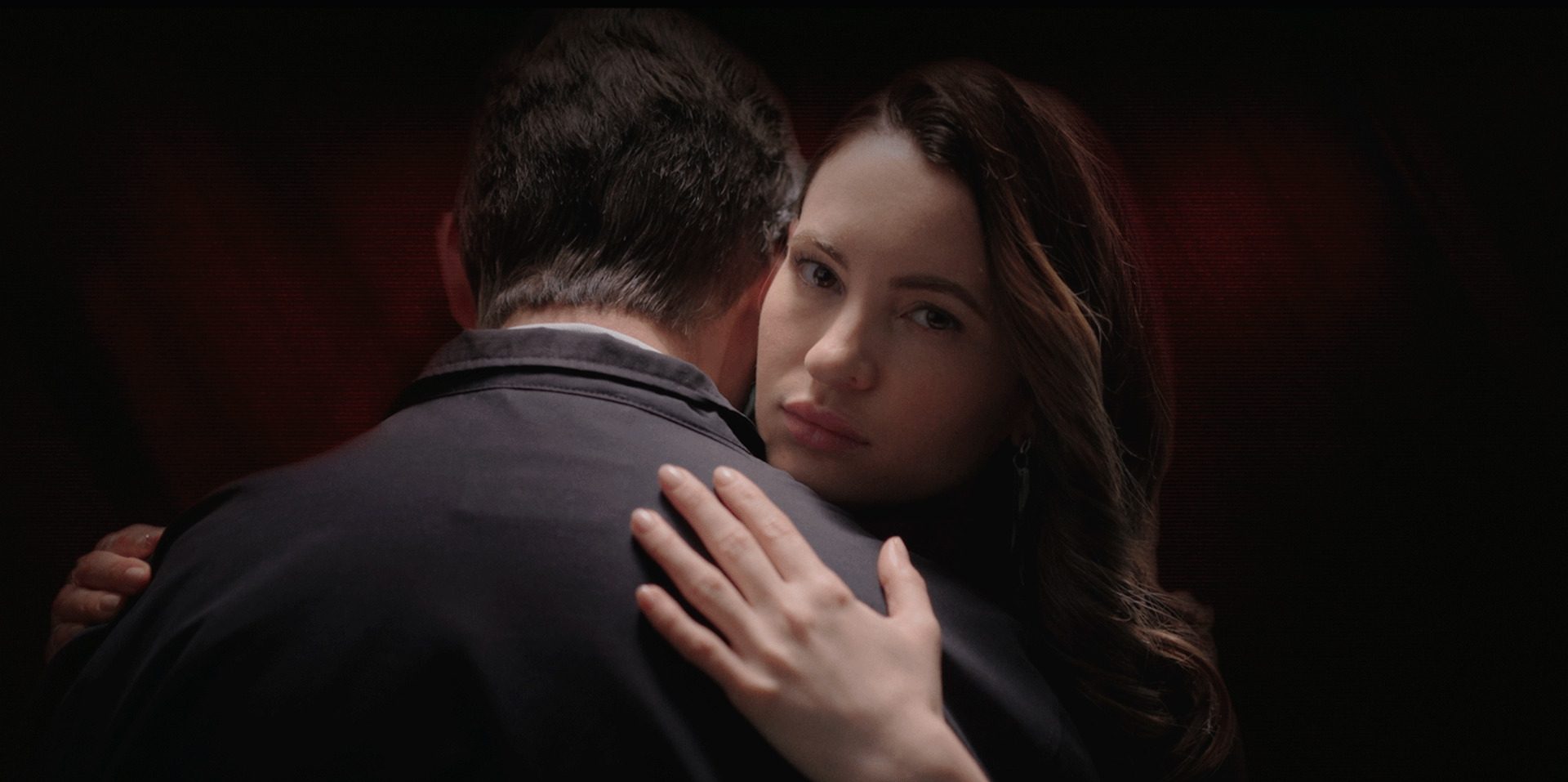Director: Carlos Sedes
Writers: Ramón Campos, Gema R. Neira, Jon de la Cuesta, Ricardo Jornet, David Orea, Javier Chacártegui
Stars: Carmen Machi, Ivana Baquero, Tristán Ulloa
Synopsis: A murder mystery about a young widow who is the prime suspect in her husband’s stabbing death.
One has to wonder how A Widow’s Game (La viuda negra), based on the true story of a gruesome murder that shocked a nation, ends up so tepid in its approach to the classic crime film genre. There are very few surprises in the experience, and it barely explores the motivations or psychology behind why someone would murder a loved one. The entire narrative remains shallow, never diving deep enough to understand—or even depict—how manipulative predators truly operate.
Netflix’s A Widow’s Game feels like little more than a Saturday night Lifetime movie, barely elevated by its otherwise respectable cast.

The story takes place in Valencia, Spain, where a driven and well-known female police detective, Eva (Aida’s Carmen Machi), begins investigating the murder of Antonio Navarro Cerdán (Álex Gadea)—an engineer who was brutally stabbed in the garage of his apartment complex in Patraix—on a hot August day. The crime scene is handled with little flair, going through several standard tropes: pointing out the blood, referencing a struggle, and emphasizing the sheer violence of it all.
Of course, you get one guess what happens next: the victim’s wife, Maje (Pan’s Labyrinth’s Ivana Baquero), arrives in tears, demanding to see her husband, whom she claims she hasn’t been able to reach. The woman flooding those doe-eyes with crocodile tears has good reason to put on a show. We soon learn she was unhappy in her marriage, resentful of the “boring” monogamous married lifestyle, the long hours she worked as a nurse, and going to bed at a regular hour beside her husband, rather than with whatever random man she preferred to shack up with on any given night.

Directed by Carlos Sedes (Velvet), A Widow’s Game’s true story is less suspenseful and intriguing than a Dateline murder mystery. This is curious since the script is attributed to six—I said it—six scribes (Ramón Campos, Gema R. Neira, Jon de la Cuesta, Ricardo Jornet, David Orea, Javier Chacártegui), which makes you wonder if all the rewrites watered down the product, taking away any personality of the story and verve of the crime.
The structure should have been creative, examining the crime through several different lenses, but the transitions are muddled and offer little intrigue or suspense. Without going too deep to understand the characters, predictability remains king, leaving out a fascinating part of a genre staple, or even capturing the tragedy and humanity of the actual crime.

Even an actor like Tristán Ulloa (Netflix’s Warrior Nun) can’t breathe life into a character who should evoke disgust, horror, and pity, but instead comes across as flat and forgettable. The fine cast, including Machi and Baquero, seems stuck in their shells, with Machi’s turn understandable, but the latter is a cliche instead of a three-dimensional human, pure evil or not.
A Widow’s Game’s final product is formulaic and utterly predictable. The first act establishes Maje’s character, who is hardly three-dimensional. In the second act, she begins to plot heinous acts. The third act focuses on how the police catch the killers. The story isn’t just lazy and uninspired—it fails to let the audience truly know the victim, the affected family, or even the killer(s) beyond their one-note motivations.
If the filmmakers do not care about such a story, especially a real-life tragedy, then why should we?
You can stream A Widow’s Game (La viuda negra) exclusively on Netflix!





